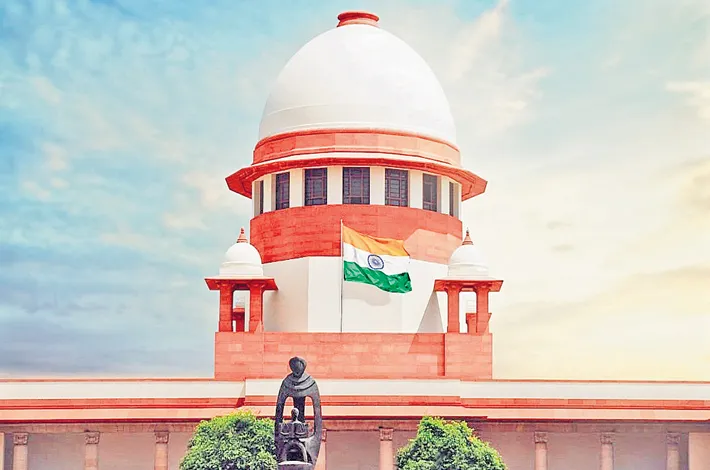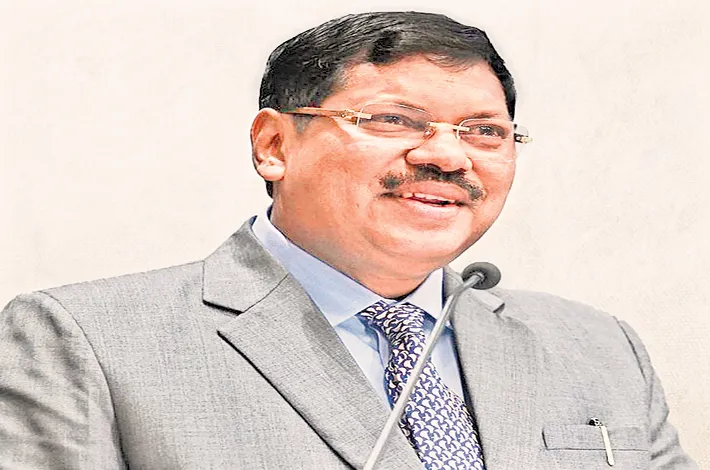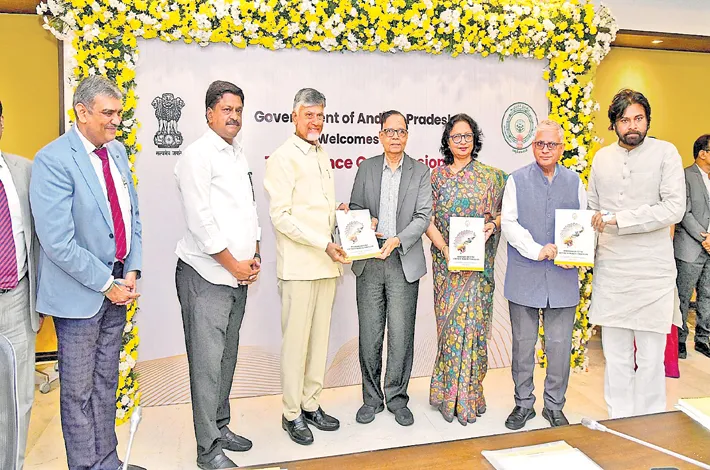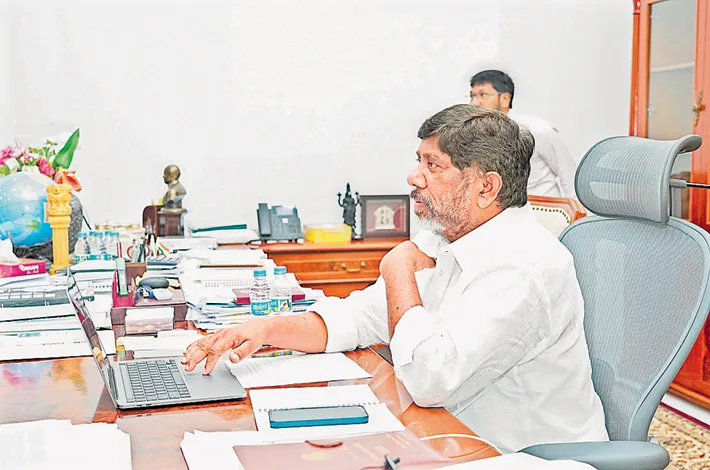Understanding linguistic federalism & cultural identity in India
08-04-2025 12:00:00 AM
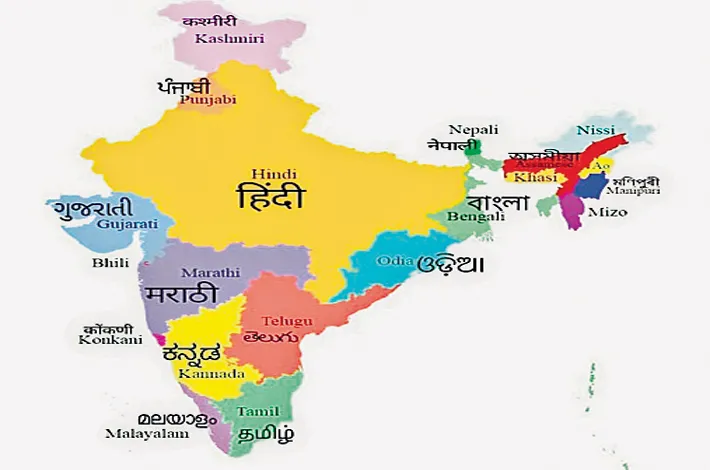
Language is a fundamental aspect of our identity, and it is crucial to foster respect and appreciation for it. The former Chief Minister of United Andhra Pradesh N T Rama Rao was the champion of Telugu pride and language. The present Chief Minister of Andhra Pradesh, N Chandrababu Naidu supports the three-language formula, he said Telugu should be prioritized, but Hindi and English are also useful for communication.
It is essential to never forget our roots in our mother tongue. As an example, proficiency in Hindi can aid in communication when visiting places like Delhi. Disregarding this value in favor of petty politics detracts from the practical benefits of multilingualism.
AP Deputy Chief Minister, Pawan Kalyan, has voiced strong support for Hindi as the primary National Language of India. He highlighted the significance of all Indian languages, questioning the dubbing of Tamil films into Hindi if there is such opposition to the language in Tamil Nadu. Kalyan emphasized the need to shift mindset away from hating any language, underlining that opposition to the imposition of Hindi should not be conflated with dislike for the language itself. Instead, it is about protecting our mother tongue and cultural identity.
The rhetoric surrounding the national language often leads to confusion. There is a distinction between recognizing Hindi as a national language and defining it as the official language of India. Hindi is undeniably important, but there must be an understanding that both Hindi and regional languages coexist within India's rich tapestry of linguistic diversity. Each state contributes uniquely to the nation's cultural identity.
The debate surrounding the status of Hindi and regional languages also ties into the larger issues of political representation and identity. Following the reorganization of states, like the creation of Telangana in 2014, it has become even more imperative for leaders in Andhra Pradesh to understand the constitutional and political implications of language policies.
The Indian Constitution provides a framework for the use of multiple languages in governance. Part XVII of the Constitution addresses the 'Official Language' of India, detailing the languages utilized for different administrative functions. This part contains provisions that highlight the importance of regional languages while ensuring that they maintain their status alongside Hindi.
The discussion of language is not simply a matter of administrative policy but touches deeply on cultural rights. Linguistic minorities in India have the constitutional protection of their right to education in their mother tongue. Violating these rights by imposing a single language can have detrimental effects on cultural identity and educational access. The importance of regional languages in education cannot be minimized; they serve as the foundation for students' cultural identity and self-expression.
The argument for linguistic diversity should be based on fostering a cohesive and inclusive national identity rather than divisive politics. Political leaders need to champion the cause of preserving local languages while acknowledging the necessity of national languages for effective communication.
The tension between promoting Hindi as the national language and acknowledging India's diversity has led to significant discussions among education and legal experts. These discussions reveal the challenges faced by non-Hindi speakers, particularly in legal and administrative settings. With English often designated as the language of legislation, it becomes critical to address how this impacts those who do not speak this colonial remnant.
The significance of English as an official language persists despite not being designated as a 'national' language. It continues to dominate legal proceedings and legislative texts. This underscores the need for providing accessible language options to those who rely on local dialects, particularly within the legal framework, to ensure justice is served fairly.
In conclusion, it is essential to reconcile the idea of a national language with the diverse linguistic landscape of India. The challenge lies not only in addressing language preferences but also in promoting unity and understanding among India's varied communities.
Political leaders and citizens must redefine the narrative surrounding language to highlight its role in both personal identity and collective national heritage. By embracing linguistic diversity and acknowledging the intricate balance of cultural and political identities, India can move toward a more inclusive future where every voice is respected, and every language is valued.
(Dr. Madabhushi Sridhar Acharyulu, Professor, Mahindra University, Hyderabad)





